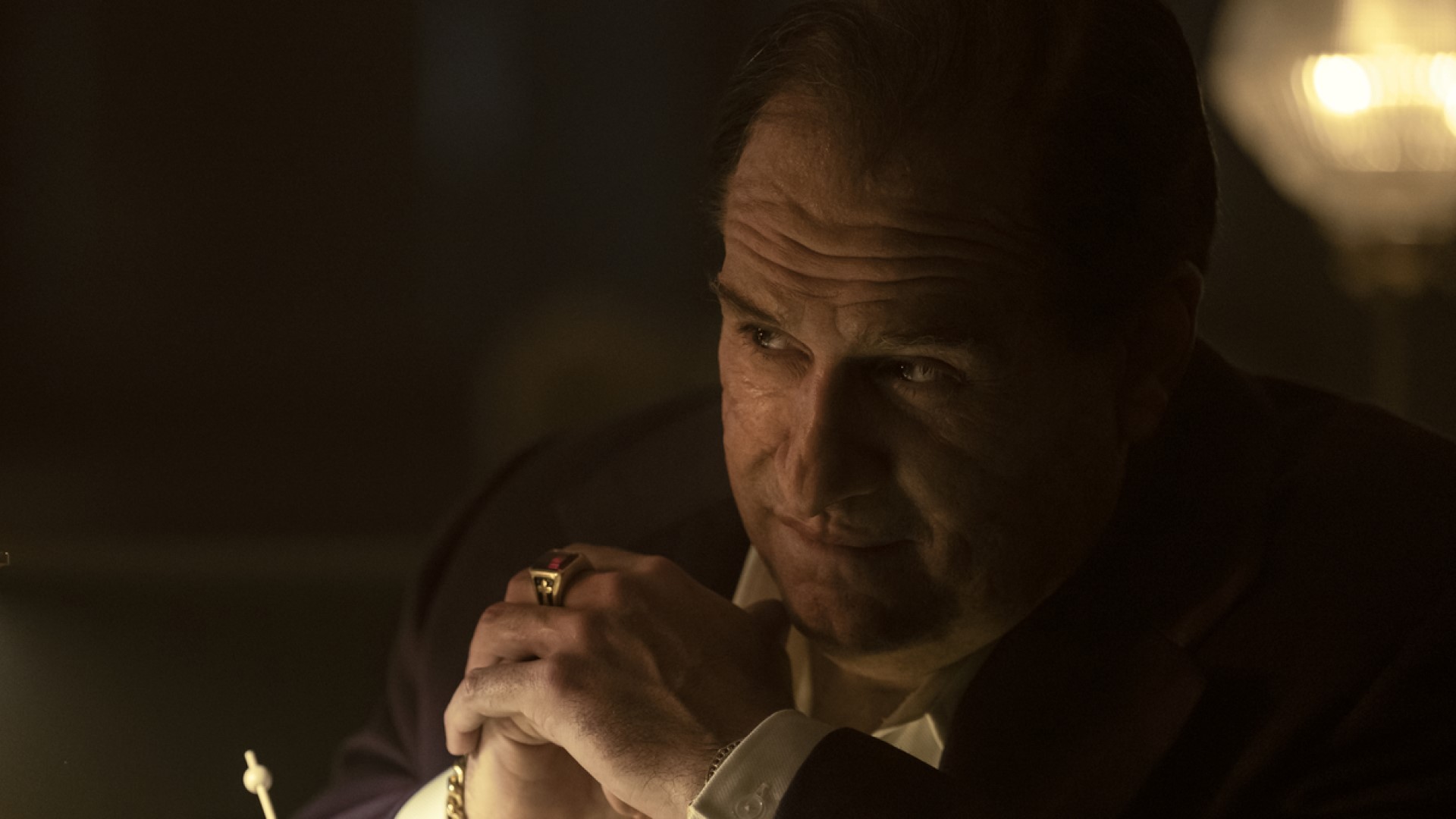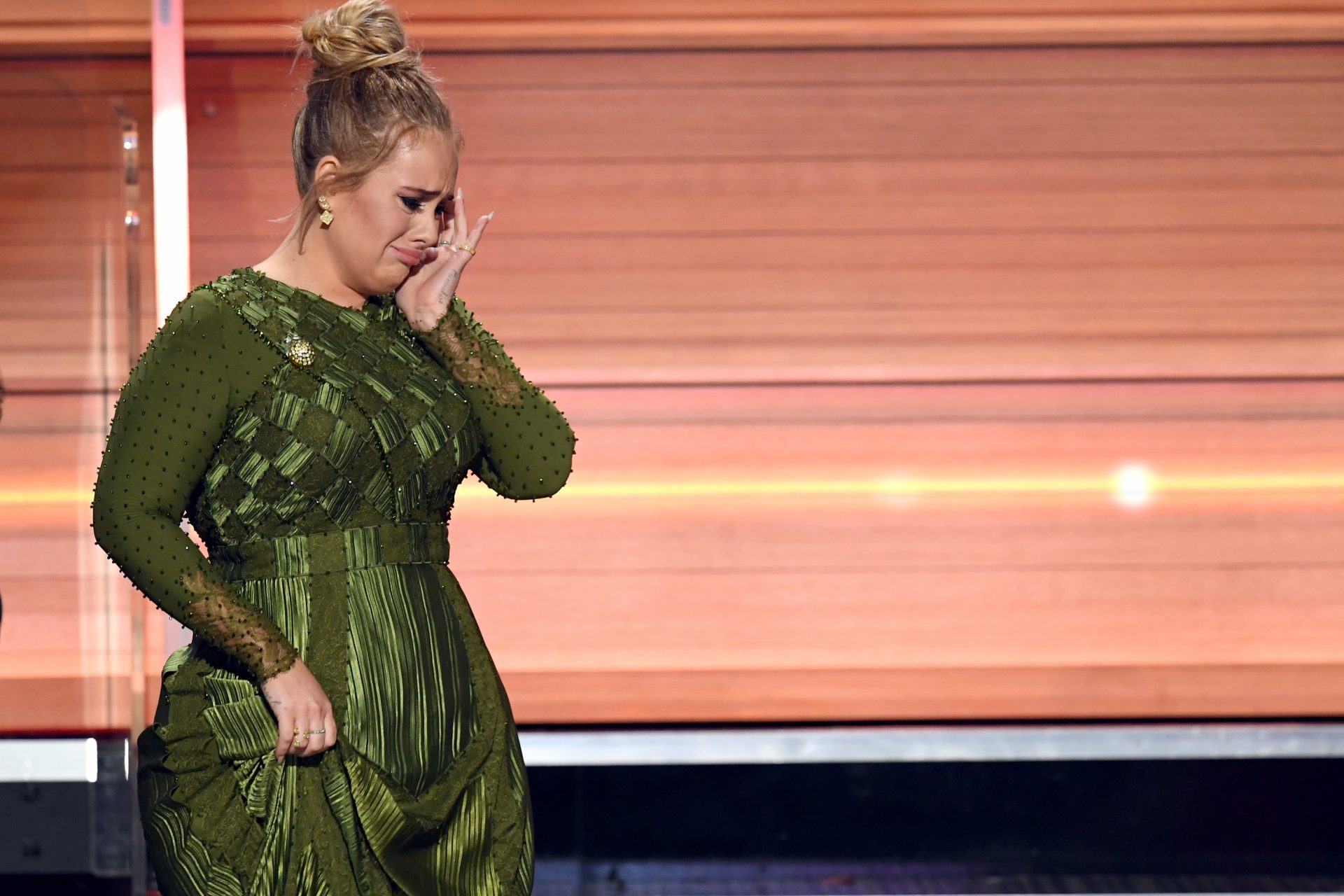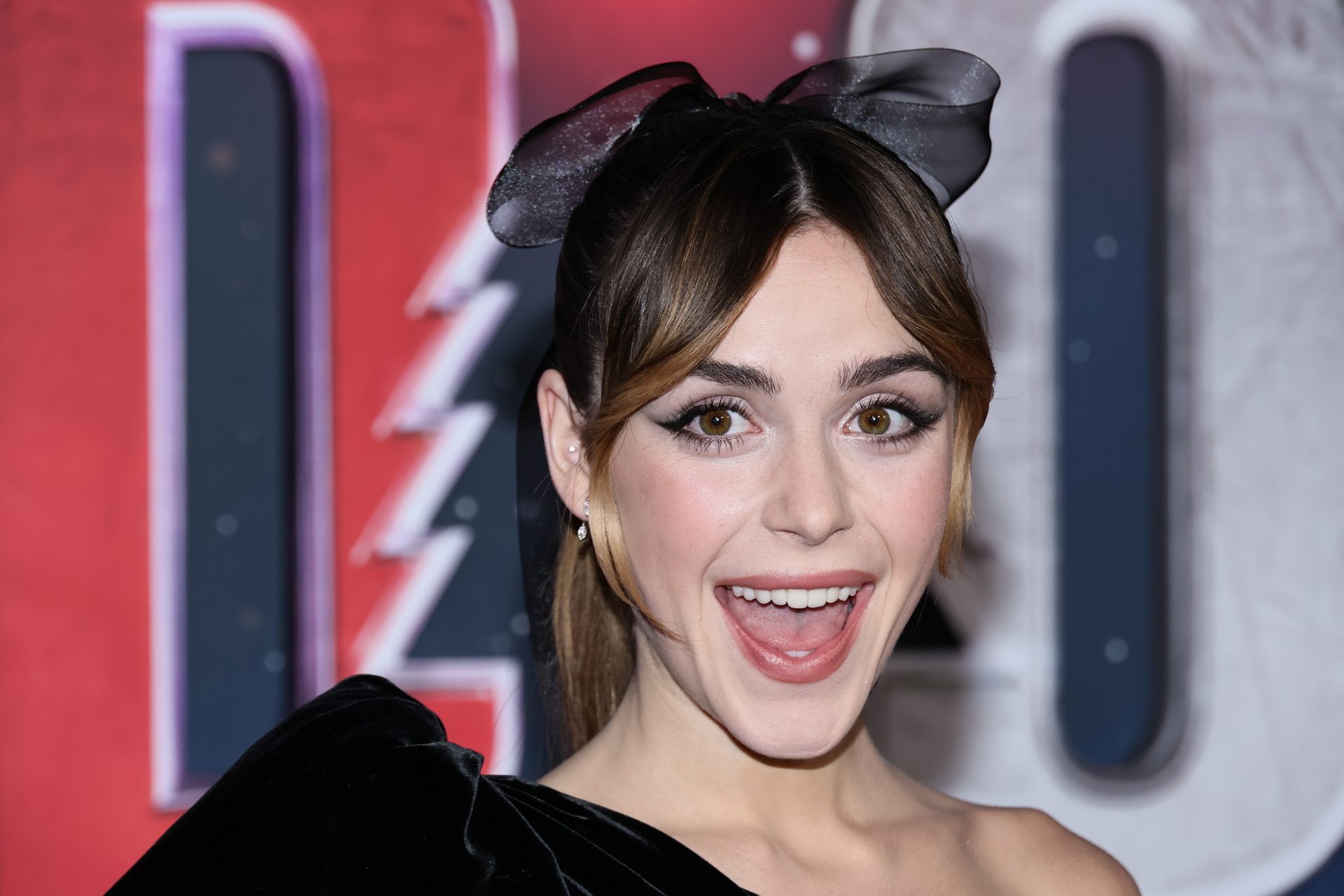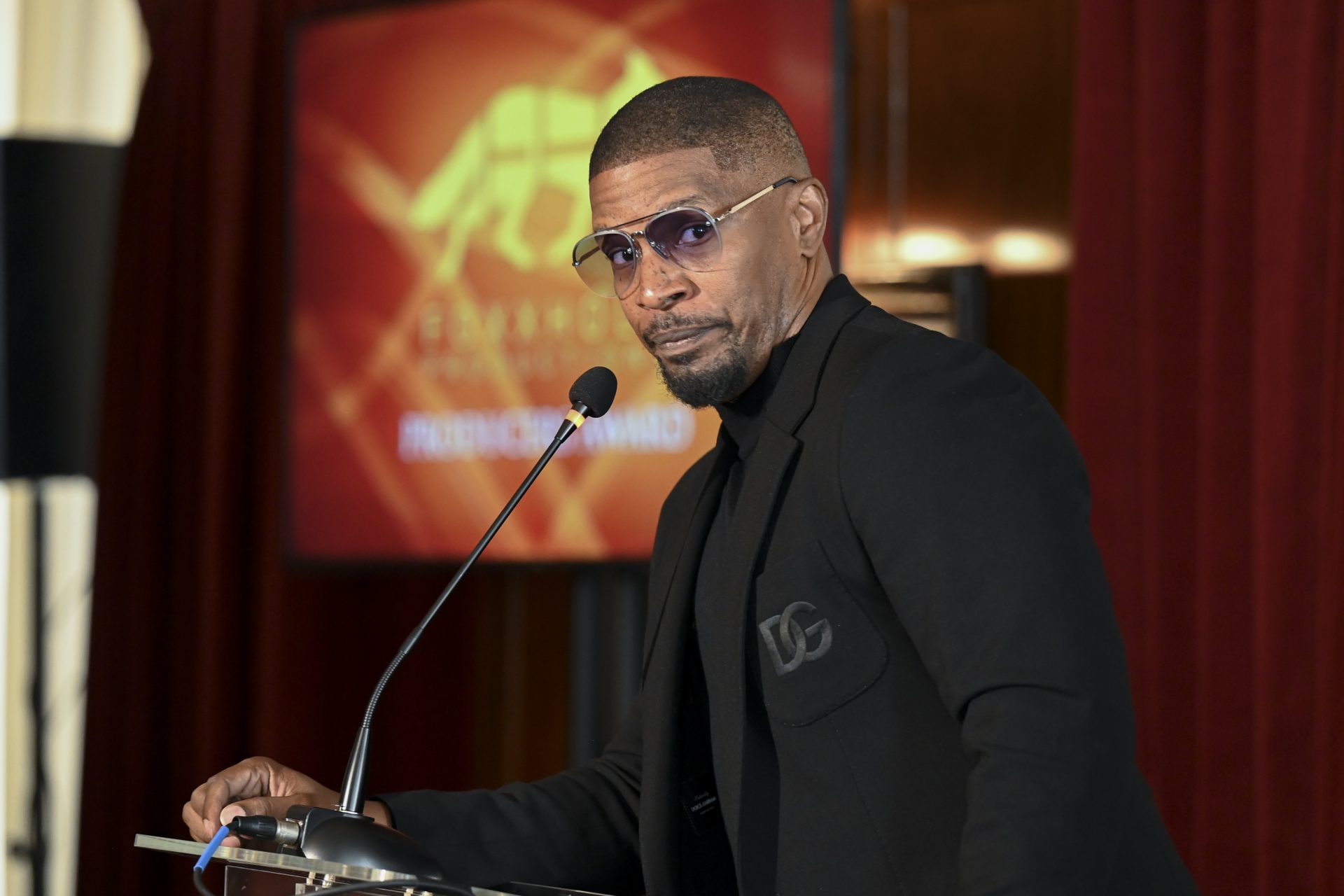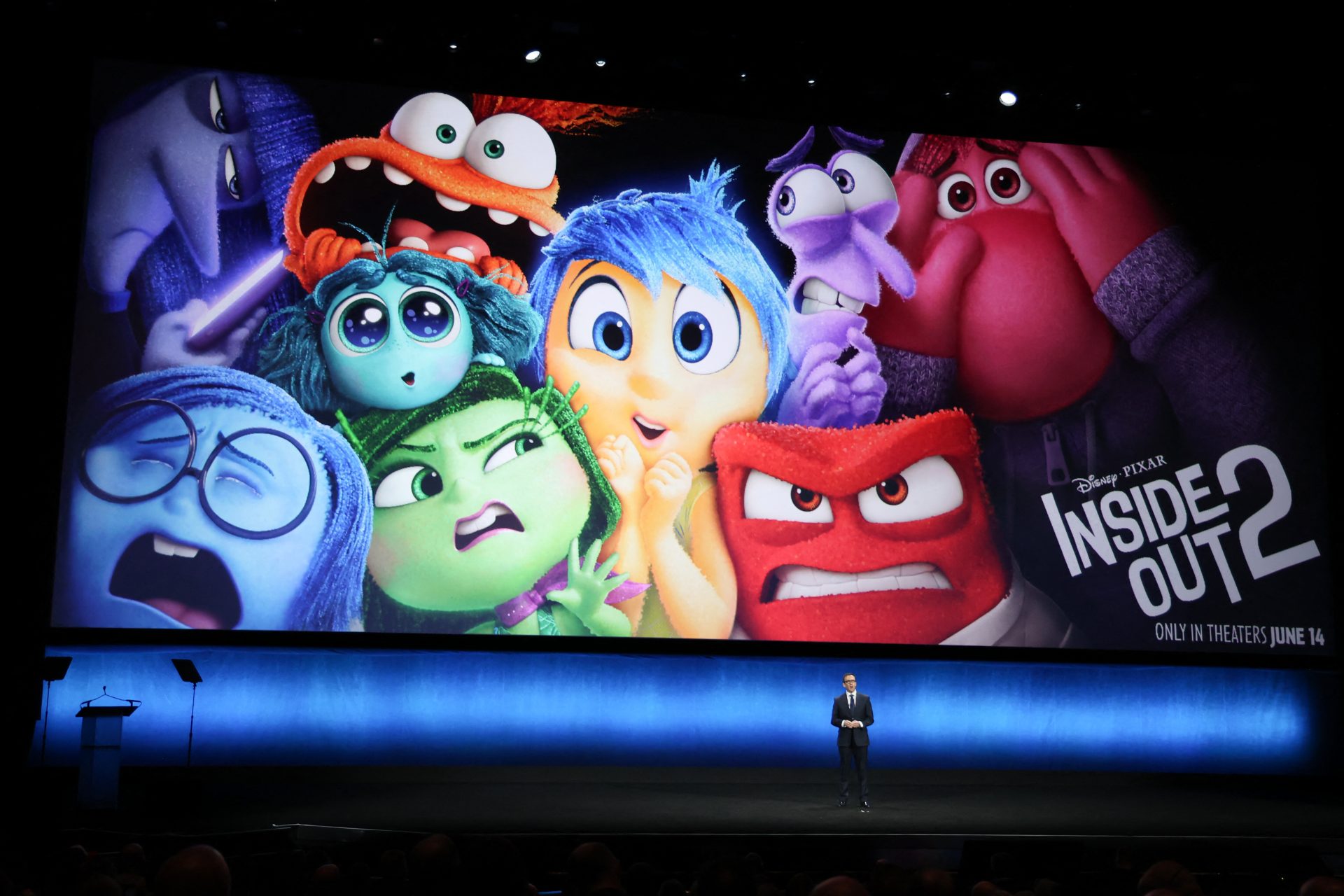The most inspiring quotes from famous women
That's what Gloria Steinem said - the blond woman in the photo, in case you didn't know. She was a central voice in second wave feminism, from the 1960s through the 1980s. To emphasize women's worth in a society that tended to reduce them to the roles of caregiver and housewife, she said: "A woman without a man is like a fish without a bicycle." Sarcasm combined with rebellion.
The phrase may seem ironic, but it is at the core of women's struggle for equality. Angela Davis was the one who coined it. She fought for women's liberation and also became an icon of the anti-racist battle that has continued in the U.S. and the world until today.
Follow Showbizz Daily to get inspired every day
Jane Fonda explained how feminism isn't just a cause for women: everyone benefits from a breaking of the gendered codes in society. Until today, Fonda has combined her status as a movie star with her work as an activist.
Malala Yousafzai became a symbol of the global women's struggle when the Taliban wanted to kill her for her determination to attend school. Since then, her life has been all about activism.
Emma Goldman, an anarchist who lived around the turn of the 19th and 20th centuries, summed up the need for every struggle to include joy among its mechanisms.
When asked about men's reactions to her feminist activism, novelist and essayist Chimamanda Ngozi Adichie said: "Of course I am not worried about intimidating men. The kind of man who might be intimidated by my opinions does not interest me."
Simone de Beauvoir was a French thinker whose writings in the 1960s built a large part of today's feminist theory. She argued that being a woman was something taught by society, rather than the mere assignation of bodily features at birth.
"A man told me that for a woman, I was very opinionated. I said, 'for a man you're kind of ignorant.'" It was a perfect slapback by Anne Hathaway to the machismo that is still present in too many areas.
Socialist Rosa Luxemburg (1871-1919) succinctly explained how passivity makes us unable to detect existing injustice.
Frida Kahlo wrote many inspirational phrases and created beautiful visual art. She was a woman with wings who fought to be free.
Women have been proven to apologize more often, rightfully or unnecessarily so, than men. American actress and comedian Amy Poehler reminds us how women have to deprogram behaviors like the constant apology. They have been socialized into those behaviors since childhood.
This quote by author Virginia Woolf at the turn of the 19th and 20th centuries is feminist history. A woman needed to be independent, she said, able to devote herself to creation, and beyond that, free.
The new feminism in 21st-century Hollywood has a voice in Emma Watson. She aims to stop the impositions on women that are often conveyed through film or series narratives.
Actress Katharine Hepburn was ahead of her time. A free and unorthodox woman in a Hollywood scene that was deeply heteropatriarchal in the middle of the 20th century.
In a statement similar to that of Jane Fonda ('letting all people lead fuller lives'), author Siri Hustvedt claims that feminism is a broad category in defense of all human beings.
The writer Sylvia Plath lived a tormented existence. In works such as 'The Bell Jar,' she left the testimony of someone fighting with all her strength to be a free woman.
Margaret Atwood, author of 'The Handmaid's Tale,' is a firm believer in female empowerment. As opposed to traditional beliefs, women are not confined to one role only, she says. They can be whoever they want to be.
Kate Millett was a central figure in second-wave feminism. Her quotes have been stimulating and provocative. Like this one: "Love has been the opium of women... While we loved, men ruled."
Lady Gaga is an example of how to be a woman in the 21st century, succeed, and not perish in the attempt.
Lena Dunham is an interesting and at times controversial feminist voice. She has shown bodies in her work that do not match the dominant stereotypes. "Don't silence them," she says. This way she fights the exclusion of certain types of bodies, defends diversity, and goes against the imposition of sexist canons.



























